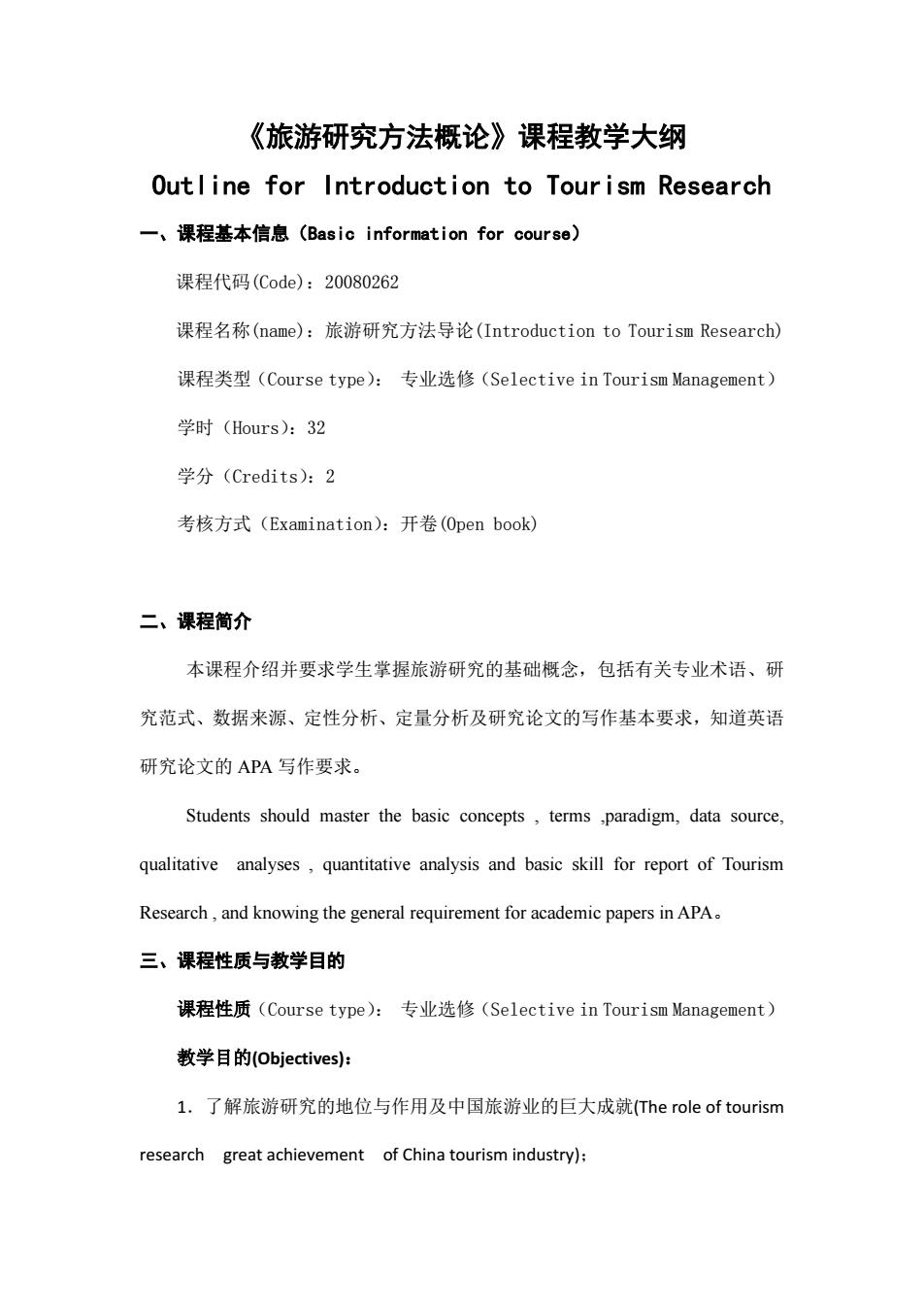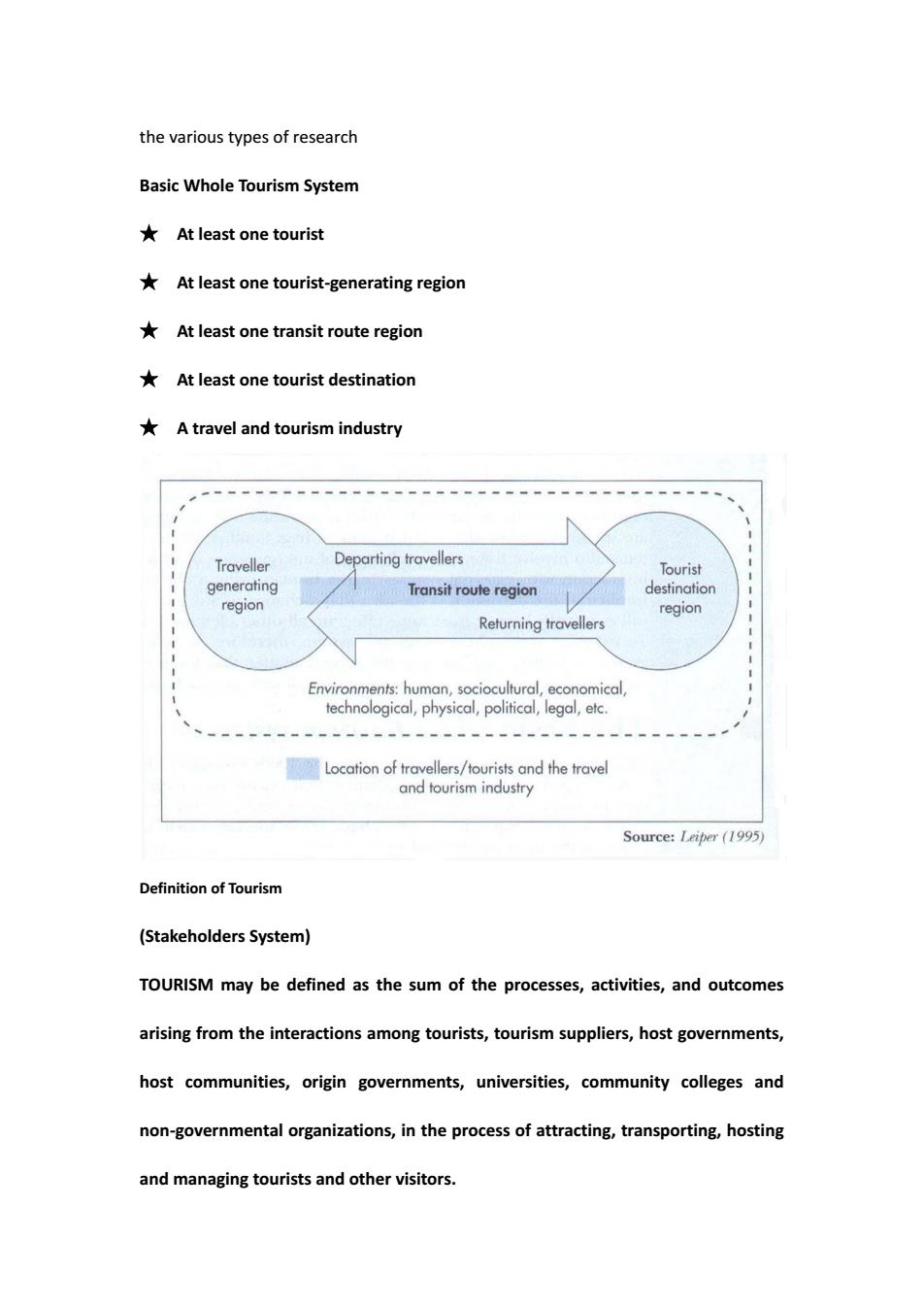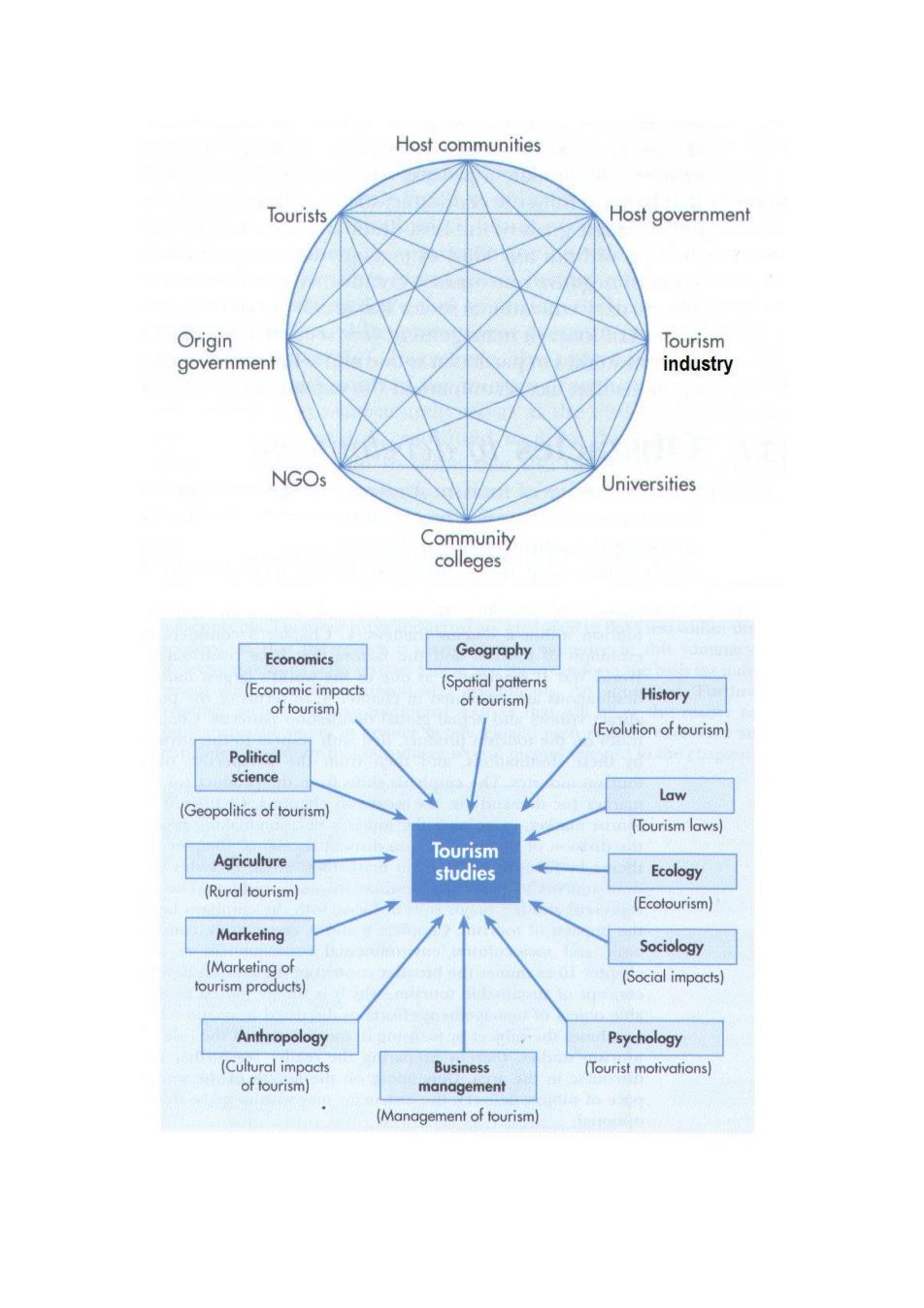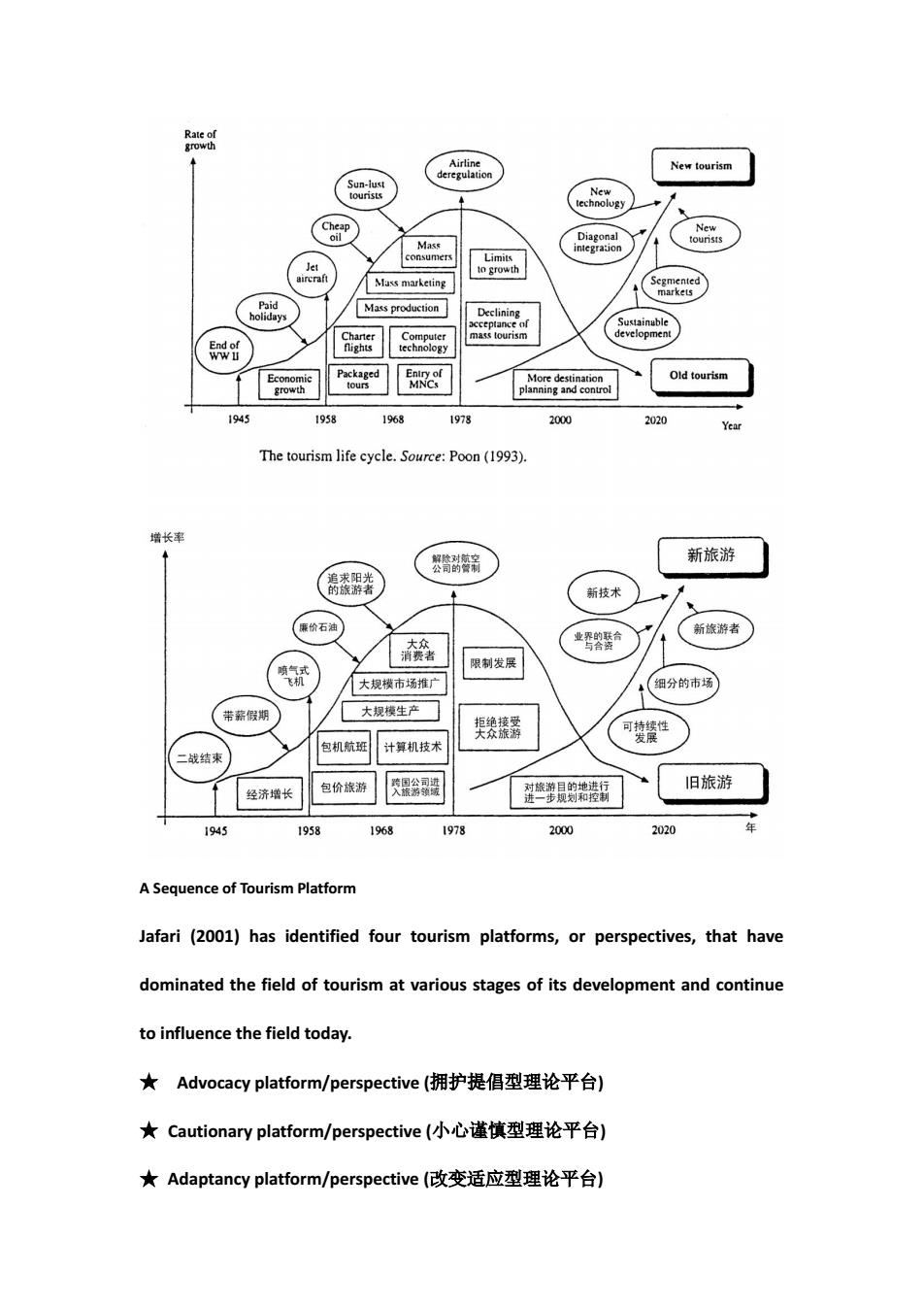
《旅游研究方法概论》课程教学大纲 Outline for Introduction to Tourism Research 一、课程基本信息(Basic information for course). 课程代码(Code):20080262 课程名称(name):旅游研究方法导论(Introduction to Tourism Research) 课程类型(Course type):专业选修(Selective in Tourism Management) 学时(Hours):32 学分(Credits):2 考核方式(Examination):开卷(Open book), 二、课程简介 本课程介绍并要求学生掌握旅游研究的基础概念,包括有关专业术语、研 究范式、数据来源、定性分析、定量分析及研究论文的写作基本要求,知道英语 研究论文的APA写作要求。 Students should master the basic concepts,terms paradigm,data source. qualitative analyses,quantitative analysis and basic skill for report of Tourism Research,and knowing the general requirement for academic papers in APA. 三、课程性质与教学目的 课程性质(Course type):专业选修(Selective in Tourism Management) 教学目的Objectives): 1.了解旅游研究的地位与作用及中国旅游业的巨大成就(The role of tourism research great achievement of China tourism industry):
《旅游研究方法概论》课程教学大纲 Outline for Introduction to Tourism Research 一、课程基本信息(Basic information for course) 课程代码(Code):20080262 课程名称(name):旅游研究方法导论(Introduction to Tourism Research) 课程类型(Course type): 专业选修(Selective in Tourism Management) 学时(Hours):32 学分(Credits):2 考核方式(Examination):开卷(Open book) 二、课程简介 本课程介绍并要求学生掌握旅游研究的基础概念,包括有关专业术语、研 究范式、数据来源、定性分析、定量分析及研究论文的写作基本要求,知道英语 研究论文的 APA 写作要求。 Students should master the basic concepts , terms ,paradigm, data source, qualitative analyses , quantitative analysis and basic skill for report of Tourism Research , and knowing the general requirement for academic papers in APA。 三、课程性质与教学目的 课程性质(Course type): 专业选修(Selective in Tourism Management) 教学目的(Objectives): 1.了解旅游研究的地位与作用及中国旅游业的巨大成就(The role of tourism research great achievement of China tourism industry);

2.旅游研究范式(Theoretical paradigm underpinning tourism research): 3.旅游研究数据来源(Data and empirical material sources for tourism research): 4.旅游研究范式(The ethics of tourism research): 5.旅游研究方法常识(Methodological consideration for tourism reserch) 6.定性旅游研究(Qualitative methods and tourism research) 7.旅游经验数据解释/构建的方法(Qualitative methods of empirical material interpretation/(re)construction) 8.旅游定量研究(Quantitative methods and tourism research) 9.旅游研究标书与报告写作(Tourism research proposals and reports) 四、教学内容及要求(Content and requirements). Chapter 1 the Role of Research in Tourism Objectives: After studying this chapter,the students should be able to: Discuss the nature of tourism as a discipline Understand the role of research in tourism Distinguish between the various types of research Outline the steps involved in research process Identify the phases of the writing process as applied to tourism research. Key knowledge:Understand the role of research in tourism;Distinguish between
2.旅游研究范式(Theoretical paradigm underpinning tourism research); 3.旅游研究数据来源(Data and empirical material sources for tourism research); 4.旅游研究范式(The ethics of tourism research); 5.旅游研究方法常识(Methodological consideration for tourism reserch) 6. 定性旅游研究(Qualitative methods and tourism research) 7.旅游经验数据解释/构建的方法(Qualitative methods of empirical material interpretation/(re)construction) 8.旅游定量研究(Quantitative methods and tourism research) 9.旅游研究标书与报告写作(Tourism research proposals and reports)。 四、教学内容及要求(Content and requirements) Chapter 1 the Role of Research in Tourism Objectives: After studying this chapter, the students should be able to: Discuss the nature of tourism as a discipline Understand the role of research in tourism Distinguish between the various types of research Outline the steps involved in research process Identify the phases of the writing process as applied to tourism research. Key knowledge: Understand the role of research in tourism; Distinguish between

the various types of research Basic Whole Tourism System ★At least one tourist *At least one tourist-generating region ★ At least one transit route region At least one tourist destination A travel and tourism industry Traveller arting travellers Tourist Transit route region destination Returning travellers al,legal,etc. Location of travellers/tourists and the travel and tourism industry Source:Leiper(1995 Definition of Tourism (Stakeholders System) TOURISM may be defined as the sum of the processes,activities,and outcomes arising from the interactions among tourists,tourism suppliers,host governments, host communities,origin governments,universities,community colleges and non-governmental organizations,in the process of attracting,transporting,hosting and managing tourists and other visitors
the various types of research Basic Whole Tourism System ★ At least one tourist ★ At least one tourist-generating region ★ At least one transit route region ★ At least one tourist destination ★ A travel and tourism industry Definition of Tourism (Stakeholders System) TOURISM may be defined as the sum of the processes, activities, and outcomes arising from the interactions among tourists, tourism suppliers, host governments, host communities, origin governments, universities, community colleges and non-governmental organizations, in the process of attracting, transporting, hosting and managing tourists and other visitors

Host communities Tourist Host government Origin Tourism government industry NGOs Universities Economics Geography (Economic impacts History of tourism Political science (Geopolitics of tourism) (Tourism laws) Agriculture Tourism studies Ecology (Rural tourism) (Ecotourism) Marketing Sociology [Marketing of (Social impacts) tourism products) Anthropology Psychology (Cultural impacts Business (Tourist motivations of tourism) management (Management of tourism

New tourism (a Old tourism 1963 1978 2020 The tourism life cycle.Source:Poon(1993). 气镜】 新旅游 得泰装 新技术) (价石 新游者 限制发展 儿大规市场准 细分的市场 大规模生产☐ 渠埃接 包机航班计算机技术 战结柬 经济增长 包价游含 整 旧旅游 1945 1958 1968 1978 200 2020 A Sequence of Tourism Platform Jafari (2001)has identified four tourism platforms,or perspectives,that have dominated the field of tourism at various stages of its development and continue to influence the field today. ★Advocacy platform/perspective(拥护提倡型理论平台) ★Cautionary platform/,perspective(小心谨慎型理论平台)】 ★Adaptancy platform/perspective(改变适应型理论平台)
A Sequence of Tourism Platform Jafari (2001) has identified four tourism platforms, or perspectives, that have dominated the field of tourism at various stages of its development and continue to influence the field today. ★ Advocacy platform/perspective (拥护提倡型理论平台) ★ Cautionary platform/perspective (小心谨慎型理论平台) ★ Adaptancy platform/perspective (改变适应型理论平台)